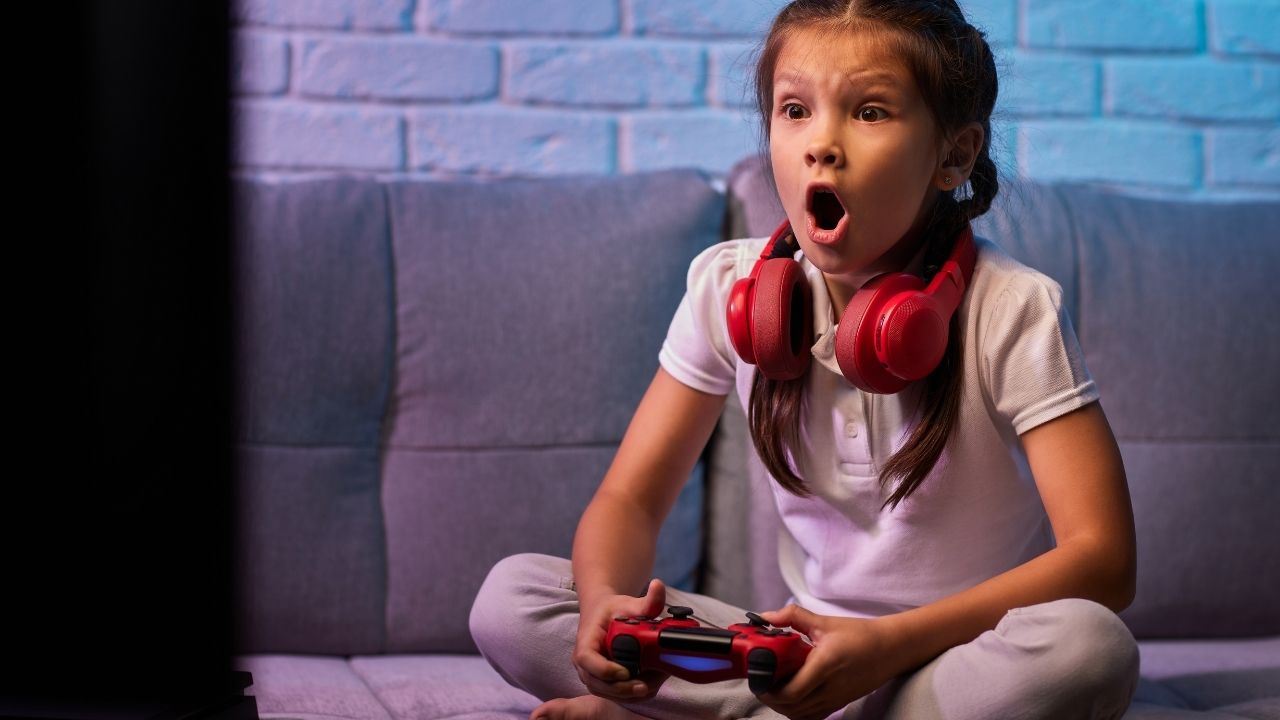Table of Contents
As video game addiction becomes increasingly recognized as a serious issue, many parents are wondering if they have legal recourse when their child’s gaming habits spiral out of control.
This article explores the possibility of suing for a child’s video game addiction, the potential grounds for such lawsuits, and the challenges parents might face in pursuing legal action.
Getting Help is Easy
Call Us Anytime. Nights And Weekends, We’re Available.
A Trusted, Experienced Partner
Fill out the form on the top of the page and a case specialist will reach out to you.
No Fees Unless We Win
No Win, No Fee. You Don’t Pay A Penny Unless We Win Your Case.
The Growing Concern of Video Game Addiction in Children
Video game addiction, or “gaming disorder,” was officially recognized by the World Health Organization in 2018. This classification acknowledges the potential for video games to cause significant impairment in personal, family, social, educational, or occupational functioning.
For children, the negative effects of video game addiction can be particularly severe, potentially affecting their development, academic performance, and social skills.
The addictive nature of many games, combined with their widespread accessibility through smartphones and tablets, has made it challenging for children to self-regulate their gaming habits. This has led to calls for increased awareness, better parental controls, and more comprehensive strategies to address this emerging public health issue.
Potential Grounds for Lawsuits for a Child’s Video Game Addiction
While lawsuits specifically targeting video game addiction in children are still relatively new, several legal theories could potentially apply:
- Product liability: Parents might argue that video games are defectively designed due to their addictive nature, especially when targeting children.
- Failure to warn: Video game companies could be accused of a lack of adequate warnings about the risks of addiction, particularly for young players.
- Negligence: Claims might allege that game companies have a duty of care to prevent harm to young users and have breached this duty by designing highly addictive games.
- Consumer protection violations: These laws could be leveraged to argue that game companies engaged in unfair or deceptive practices by not disclosing addiction risks.
Can You Sue for Your Child’s Gaming Addiction?
Getting Compensation in a Claim for a Child’s Video Game Addiction
In a lawsuit for a child’s video game addiction, several types of compensation could be awarded. Medical expenses might be covered, including addiction treatment, therapy, and any related care. Educational expenses could also be included, such as the costs of additional educational support needed to address academic impacts from excessive gaming.
Money damages for future effects of the addiction might be considered as well, taking into account long-term impacts on the child’s development or future prospects. This could encompass a range of factors, from social development to career opportunities. Additionally, compensation for emotional distress could be awarded for the toll that gaming addiction can take on both the child and their family.
Challenges in Pursuing Legal Action in Child Gaming Addiction Claims
While these legal theories provide potential avenues for action, parents face significant challenges in pursuing lawsuits:
- Establishing causation: Proving that a specific game or company directly caused a child’s addiction can be difficult.
- Personal responsibility arguments: Gaming companies may argue that parents are responsible for monitoring and controlling their children’s gaming habits.
- First Amendment protection: In the United States, video games are protected as a form of free speech, which can limit certain types of regulation or legal action.
- Lack of legal precedent: With few cases in this area, there’s limited legal precedent to guide new lawsuits.
- Age verification and parental controls: Game companies may argue that they provide adequate tools for parents to control their children’s gaming, shifting responsibility back to the parents.
- Scientific debate: The exact nature and causes of video game addiction are still subjects of ongoing research and discussion, which can complicate legal arguments.
Schedule a Free Case Review
CALL US NOWNotable Cases and Legal Developments in Video Game Addiction Claims Involving Children
While successful lawsuits specifically for children’s video game addiction are rare, there have been some notable legal developments:
Loot Box Litigation
Several lawsuits have been filed against game companies over loot boxes, arguing that they constitute illegal gambling targeting minors. While not directly about addiction, these cases could set important precedents.
Class Action Attempts
There have been attempts to form class action lawsuits against major video game developers, alleging addictive properties of the design and targeting of minors. These indicate growing concern and legal interest in holding video game developers accountable for negligent or deceptive practices.
International Regulations
Some countries, like China and South Korea, have implemented strict regulations on children’s gaming time. While not directly related to lawsuits, these regulations could influence future legal approaches in other countries.
Steps for Parents Considering Legal Action for Your Child’s Video Game Addiction
If you’re a parent considering a video game addiction lawsuit over your child’s video game addiction, consider these steps:
- Keep detailed records of your child’s gaming habits, including the amount of time spent, money spent, and observed behavioral changes.
- Obtain professional medical or psychological evaluations documenting the addiction and its impacts.
- Collect any relevant communication with video game developers, marketing materials, or in-game notices about potential risks.
- Speak with a video game addiction lawyer experienced in product liability or consumer protection law to evaluate the strength of your potential case.
Personal Injury Deserves Personal Attention!
Should You File a Claim for Your Child’s Video Game Addiction?
The question of whether parents can sue for their child’s addiction to gaming is complex and evolving. While legal options exist, pursuing a successful lawsuit faces significant challenges. However, as research on video game addiction progresses and public awareness grows, the legal landscape may shift.
Parents considering legal action should carefully weigh the potential benefits against the challenges. While lawsuits may play a role in shaping gaming industry practices, they are just one piece of a larger puzzle in protecting children from the potential harms of excessive gaming.
If you have questions about your legal options, consult an attorney at one of our partner law firms. Your lawyer can help you fight for your child’s rights while holding the video game developers accountable. Call The Goldwater Law Firm today to get connected with an attorney in your area.


